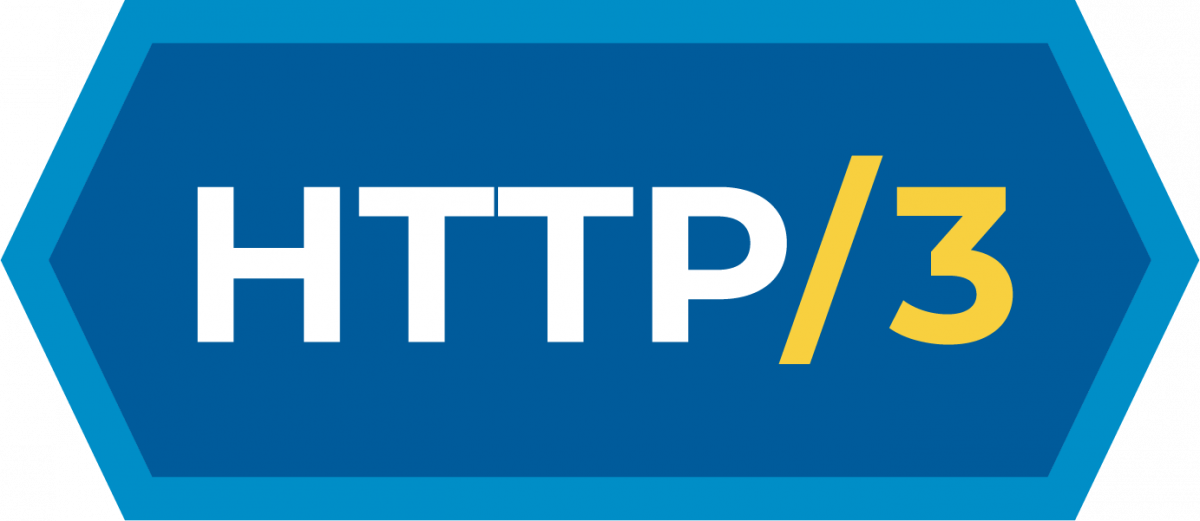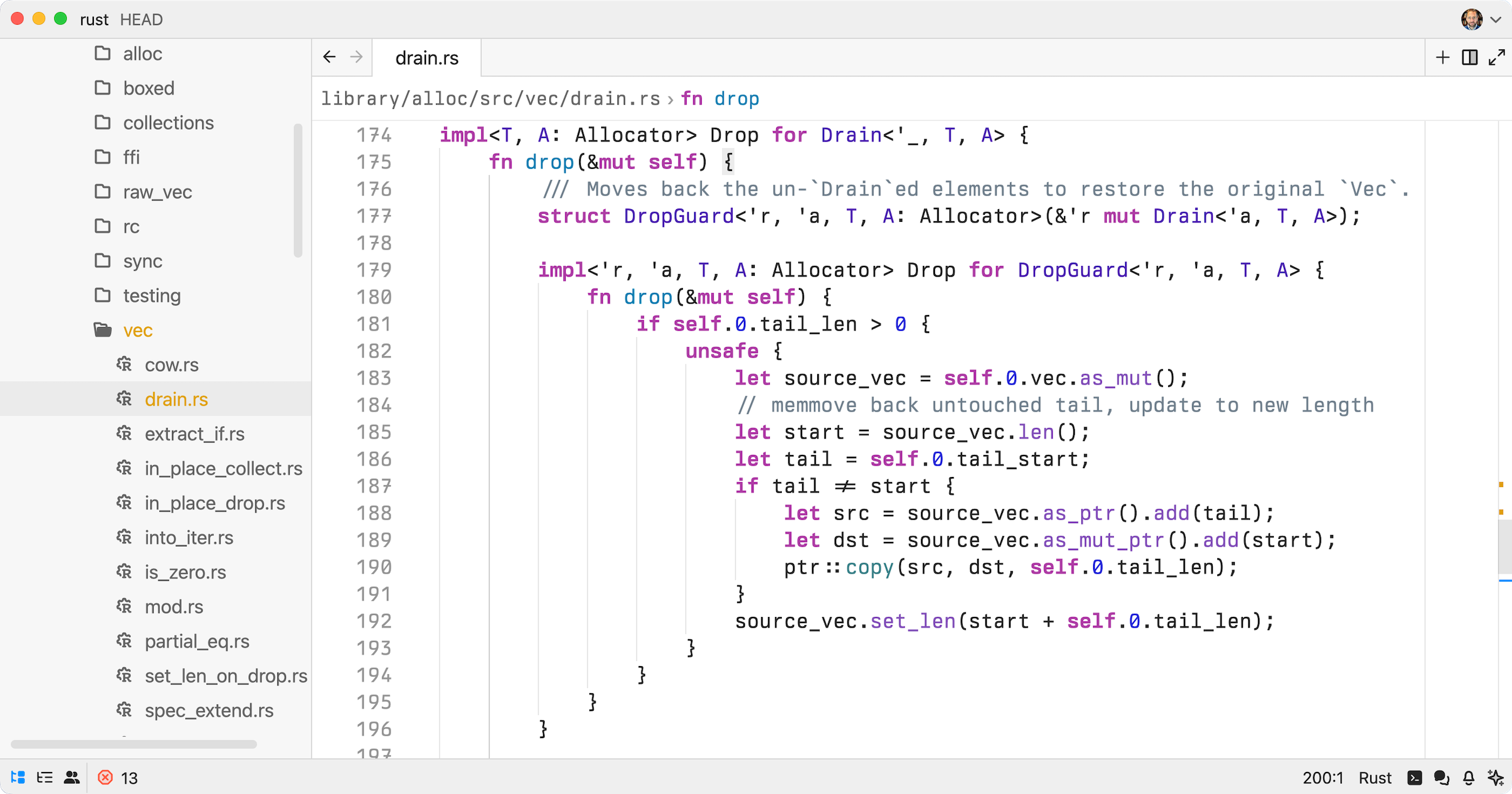Langfuse: Open-Source LLM Engineering Platform Streamlines Development
Langfuse is an open-source LLM engineering platform designed to simplify the development and deployment of large language model (LLM) applications. It offers features such as LLM observability, metrics, evaluations, prompt management, a playground, and datasets, integrating seamlessly with tools like LlamaIndex, Langchain, OpenAI SDK, and LiteLLM. Developers can use Langfuse to monitor LLM performance, manage prompts, evaluate model effectiveness, and ultimately accelerate LLM application development.










